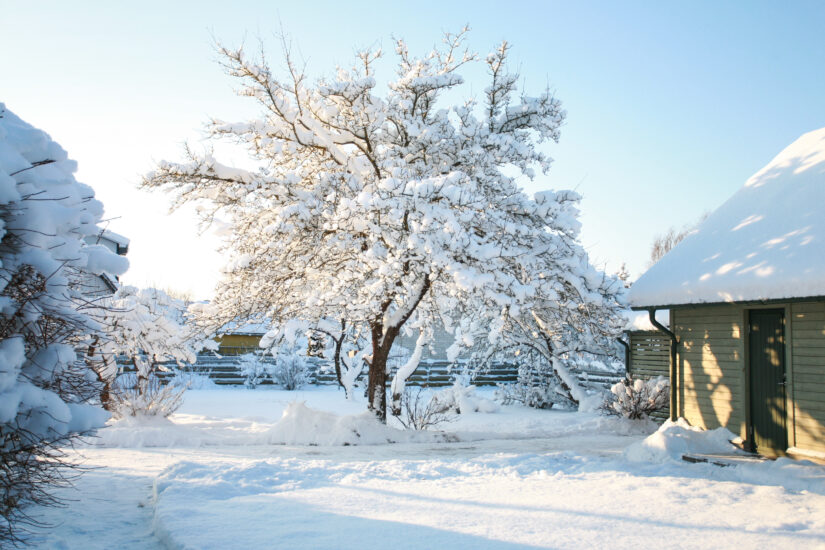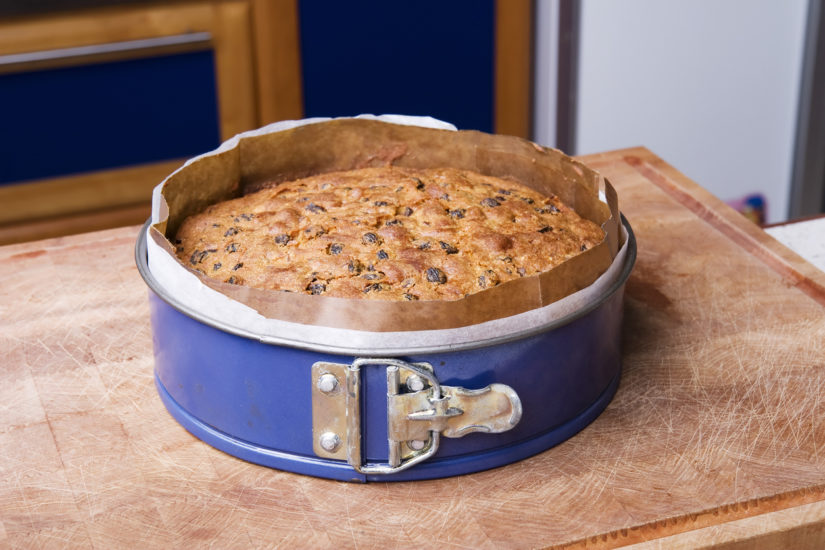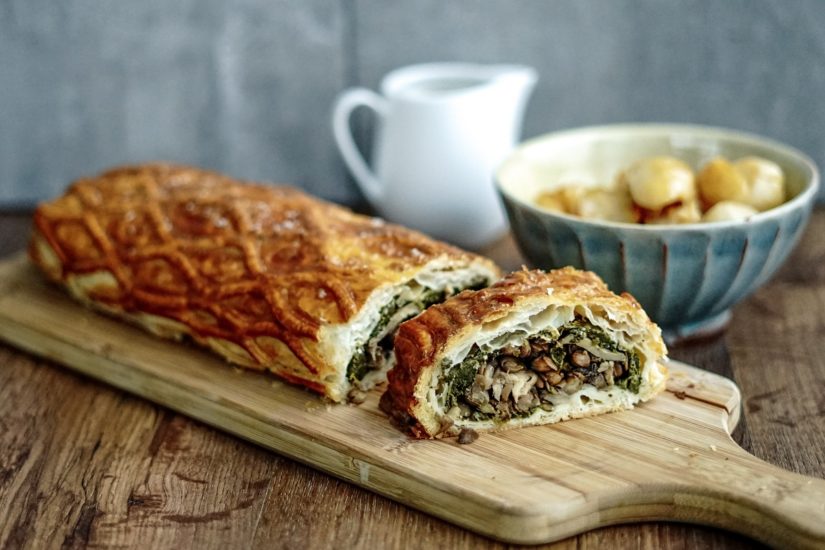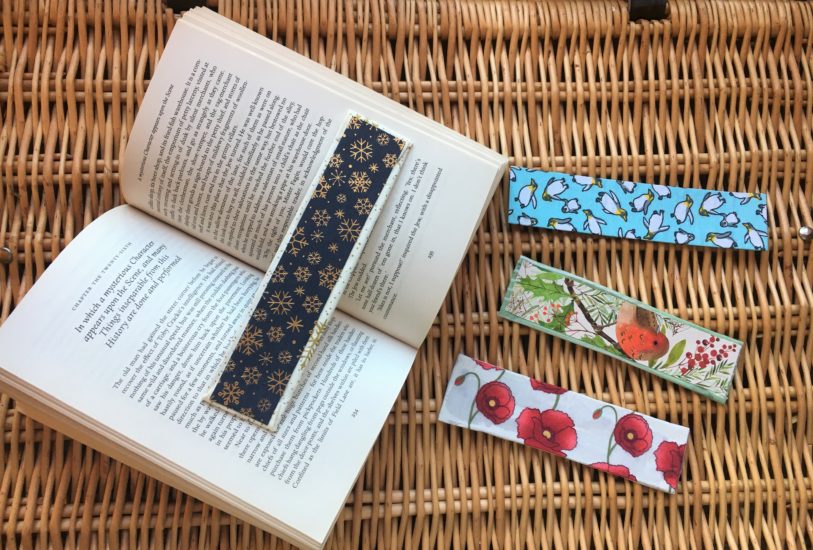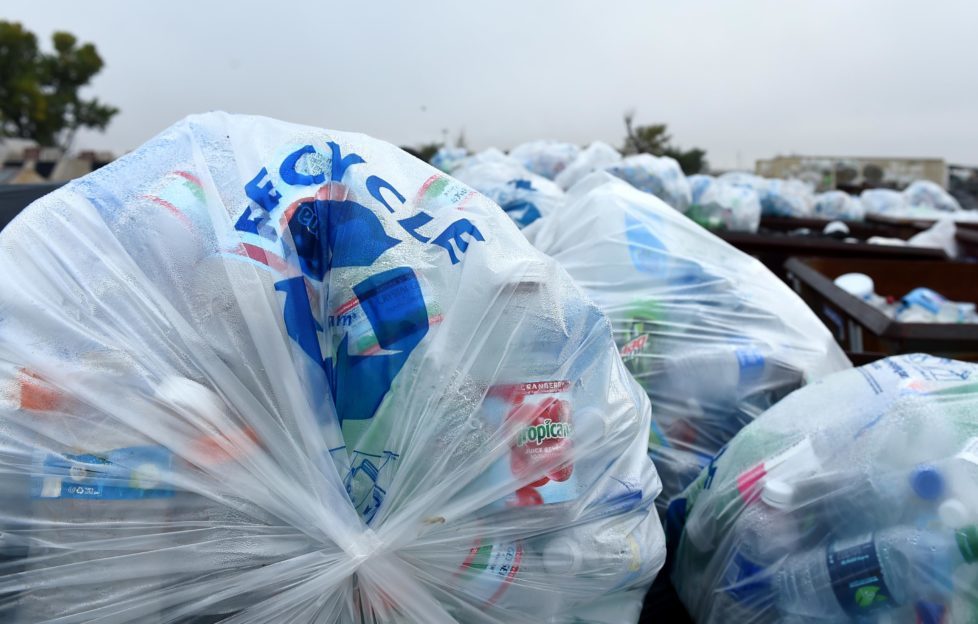
You’ll have heard the bad news about plastic on TV and social media feeds, but what can we actively do?
Plastic pollution is blighting the earth’s oceans at an alarming rate and there’s said to be around 245,000 metric tonnes of plastic pollution floating in the surface of oceans right now. While plastic has many great uses and helped us complete daily tasks, it’s our consumption and disposal of it that is the biggest issue.
Harsha Rathnayake, founder of waste and recycling company JunkHunters says: “The reason we have such a large global plastic pollution problem is because we use too many disposable and functionless plastic items such as straws, wipes, cups and bottles.
“Many of us are guilty of incorrectly disposing of plastics and we often throw our items in the general waste bin, rather than in designated recycling bins.
“It’s important to know that we are accountable for our actions as the pollution problem will not cease if we carry on the way we are.
“Change starts at home and that’s why we’ve put together a list of 10 simple tips to help households reduce their plastic consumption – it’s about starting small and thinking big.”
Here are the 10 simple tips for cutting plastic consumption in the home:
Think before you buy
Before you start spending, think about your shopping list – avoid buying single use plastics
such as water bottles and invest in a reusable drinks bottle instead. Avoid packaged goods such as fruit and veg and opt for produce from the fresh section.
Buy a strong reusable bag
It’s simple enough – but people still forget to buy reusable bags or take one they’ve purchased with them on the next trip to the shops. The best thing to do is buy one and pop it back in the boot of the car once you’ve unpacked the shopping, it’ll be there ready for next time.
Avoid microbeads
Microbeads found in face washes, toothpastes and other beauty items are often washed down the sink and end up in our oceans. The tiny size of the beads means they are ingested by marine life and can often end up back on our plates.
Buy in bulk
Buying your food in bulk uses less packaging than buying smaller amounts of food more frequently. You can keep food such as cereal in tubs and It will save the environment and save you more money in the long term.
Cook more
Avoid ready meals and takeaways packaged in plastic and cook from scratch with ingredients at home – you will not only cut your plastic consumption, but it will save you money and it’s healthier.
Avoid wet wipes
Wet wipes and baby wipes are made with plastic resins such as polyester and are responsible for clogging drains when they are flushed down the toilet. The government is in talks about eliminating wipes in the hope that businesses will formulate eco alternatives, so it’s best to get used to living without them now.
Avoid plastic in clothing
This may sound odd, but clothing can contain plastic. Synthetic fibres such as polyester and lycra have tiny micro plastic fibres that come off in the wash and through general wear. Opt for natural fibres such as cotton, linen and wool to prevent this.
Use refillable stations where possible
Retailers are starting to provide refillable stations for certain convenience items, so where possible, research your local area for facilities and take your own containers to refill your goods. This means you won’t have all the unnecessary packaging each time you shop.
Use naked toiletries
Certain retailers specialise in toiletries with no packaging – such as soap and shampoo bars. Simply lather and place back on the side of the tub for the next use. There’s no packaging to throw away, as once the toiletries are gone, they’re gone.
Say no to straws
Plastic straws are a functionless plastic that are being banned in retailers and restaurants nationwide. If you want to have straws for a birthday party for example – opt for paper straws that are recyclable.

